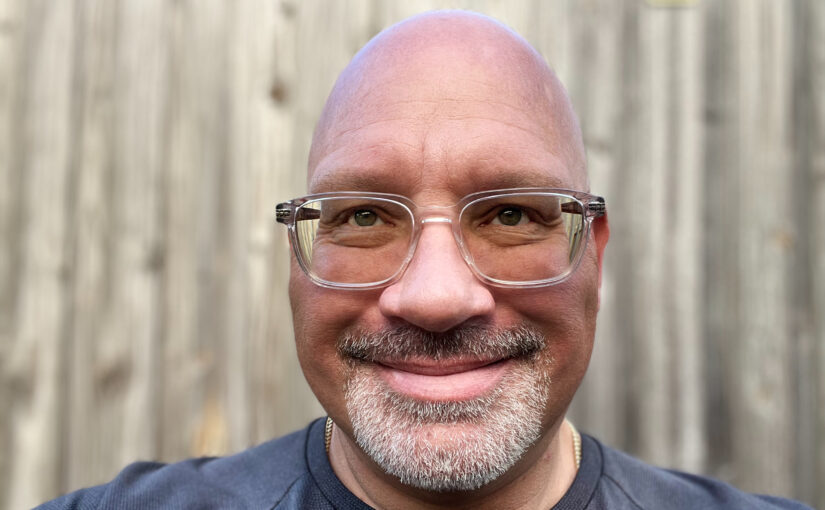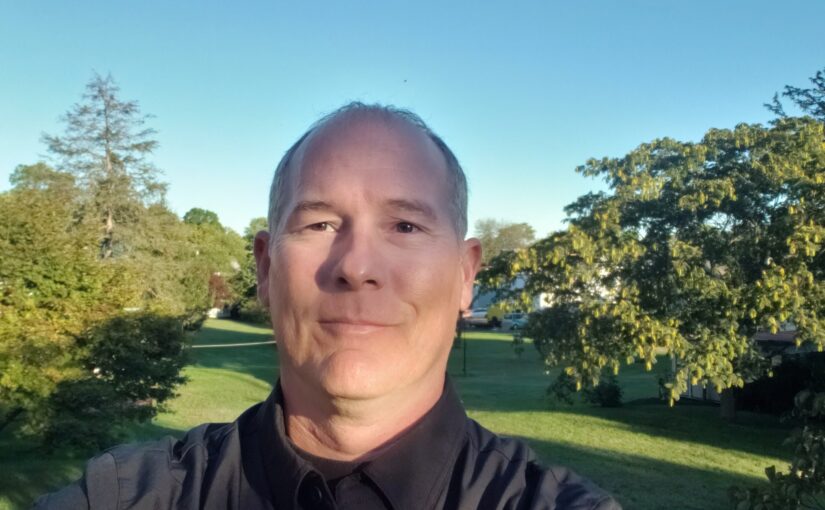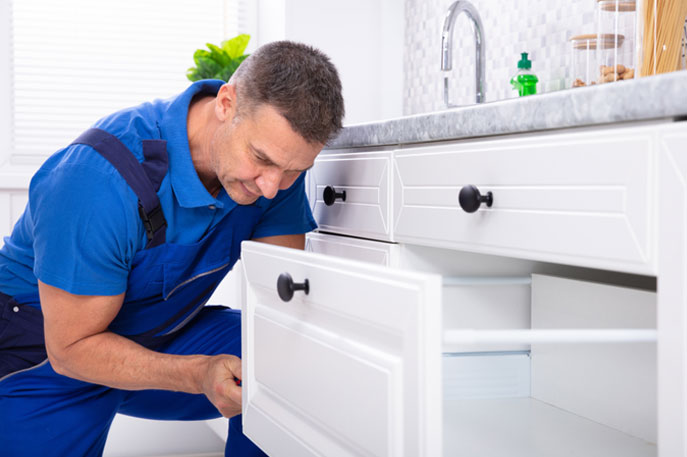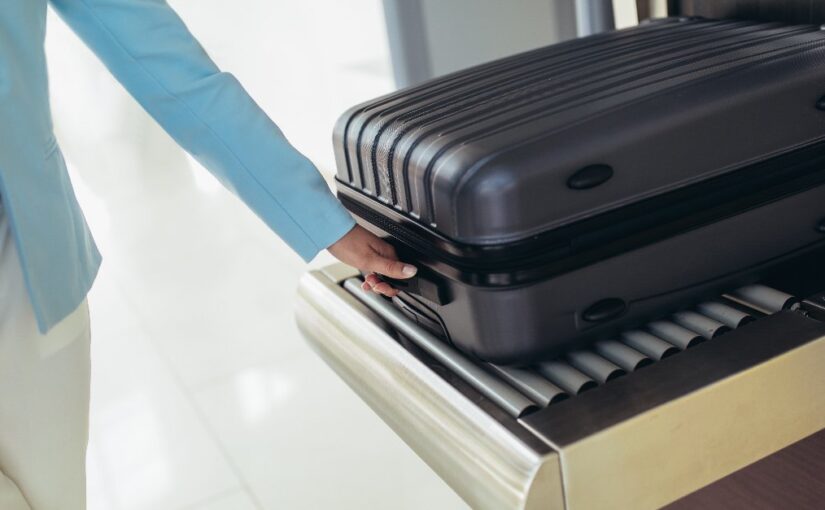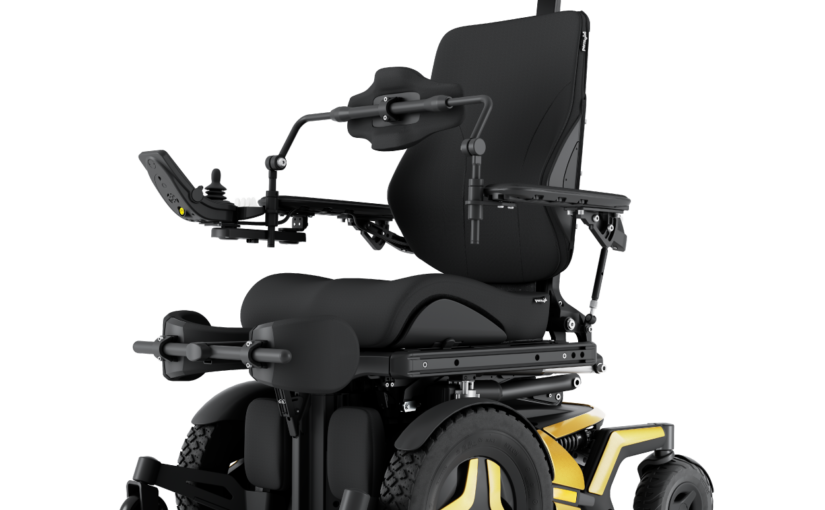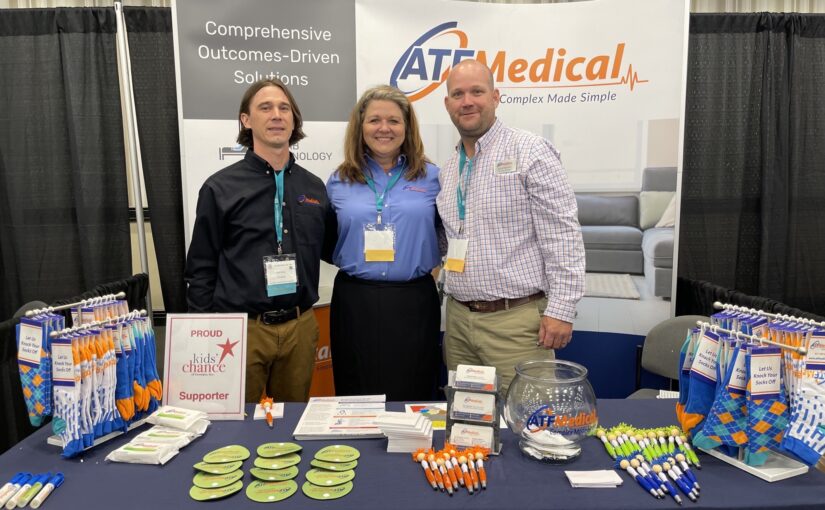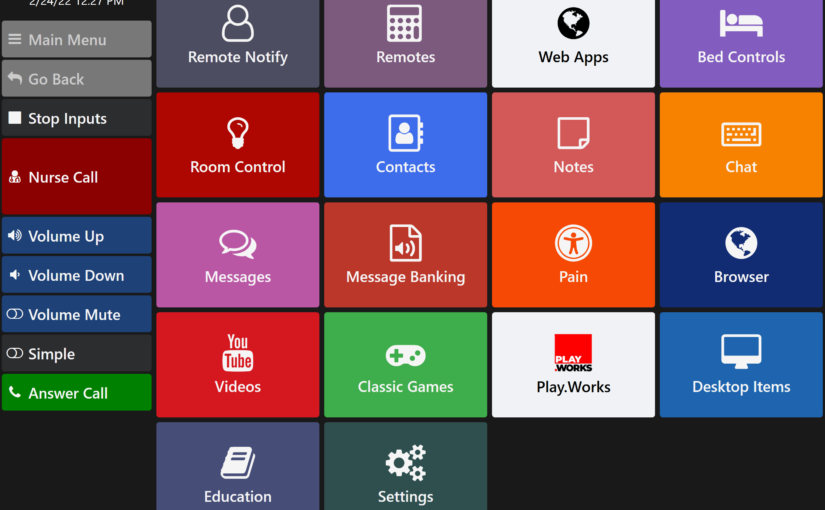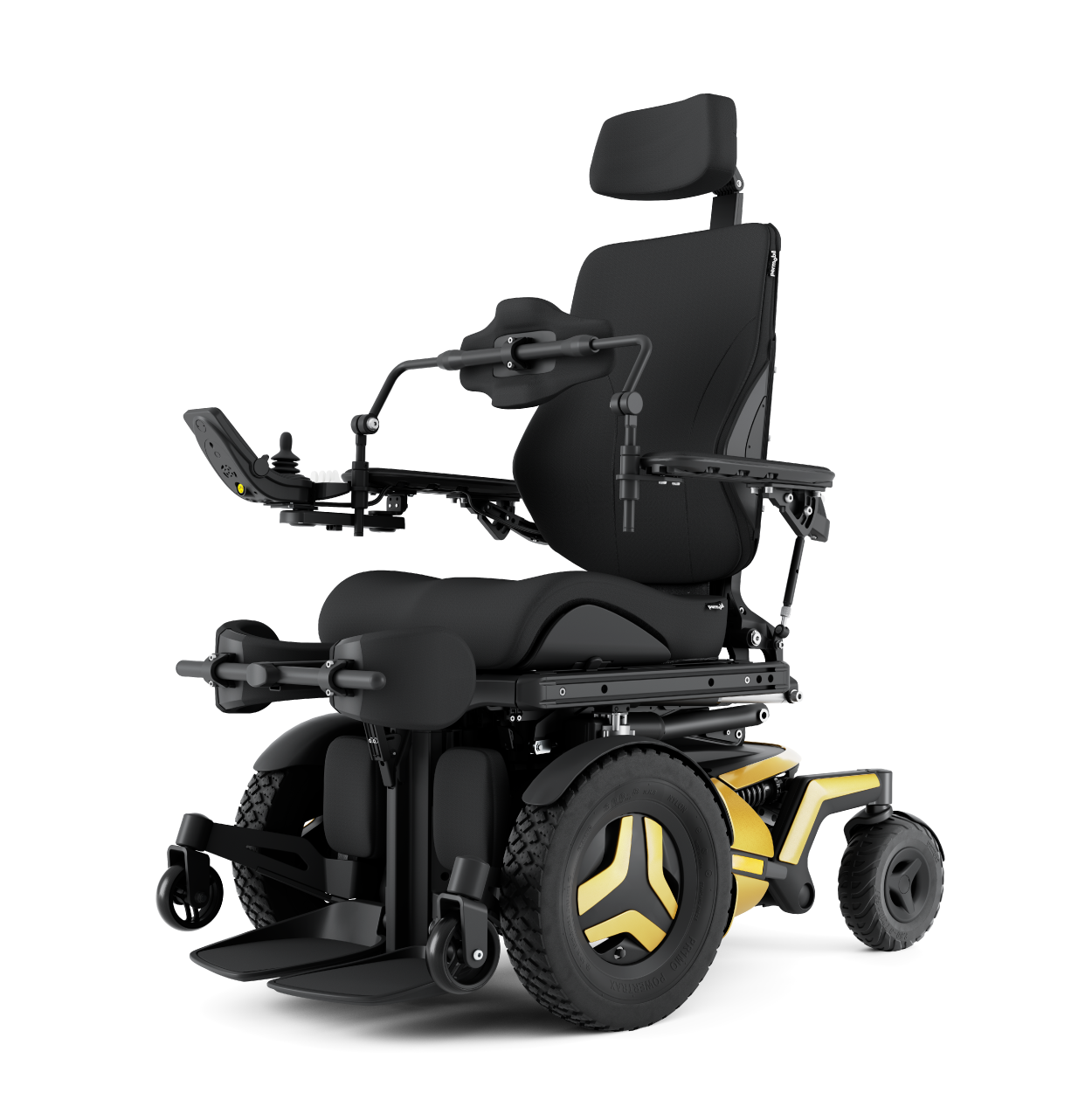Welcome David Bedard, our new Manager of Complex Rehab
David Bedard discovered his passion for medical equipment when he was a 17-year-old high school intern at Lowell Medical Instrument Company. This was in Lowell, Massachusetts, just north of Boston.
The company asked him to work for them after graduation, and he ended up staying 8 years. David did everything from posting payments to customer service to evaluating patients and helping them obtain equipment.
“The owner was my first mentor,” David said. “The store also carried medical instruments and I got great exposure to the rehab world there.”
After moving to Florida, David continued in the field for over 30 years. He has worked in just about every aspect of rehab technology, home modifications, and assistive technologies in retail and home health settings.
Over the years, he earned the Assistive Technology Professional (ATP) and the Certified Assessment and Modification Professional (C.H.A.M.P.) certifications. He has evaluated patients for custom mobility devices, created adaptive housing solutions, and recommended assistive technology to foster their independence and improve their quality of life. And he’s trained and managed others in the field.
Before coming to ATF Medical as Manager of Complex Rehab, he was with Orchid Medical, an ancillary provider specializing in workers’ compensation. He was a catastrophic care team leader for several years and later served as vice president of operations and vice president of quality assurance.
Now he oversees day-to-day operations and quality assurance for a team of ATF Medical’s ATPs and other professionals.
“We manage a claim from referral to finish, working through contractual agreements, evaluating patients, coordinating with the adaptive housing professionals, and ordering, delivering and fitting patients with equipment – everything,” David said. “And we communicate with claims representatives every step of the way.”
In addition, David coordinates ongoing training for our staff on products and services.
“ATF Medical has a real family atmosphere,” David said. “The culture is second to none – everyone welcomed me and made me feel like I’d been here for 20 years since day 1.”
He also appreciates company’s personal touch. “Unfortunately, this is a rare commodity these days,” David noted. “It’s refreshing to experience it as an employee and to be able to offer it to our clients and their injured employees.”
If you or someone you know is interested in joining the ATF Medical family, email Erin Zablocki at ezablocki@atfmedical.com.
